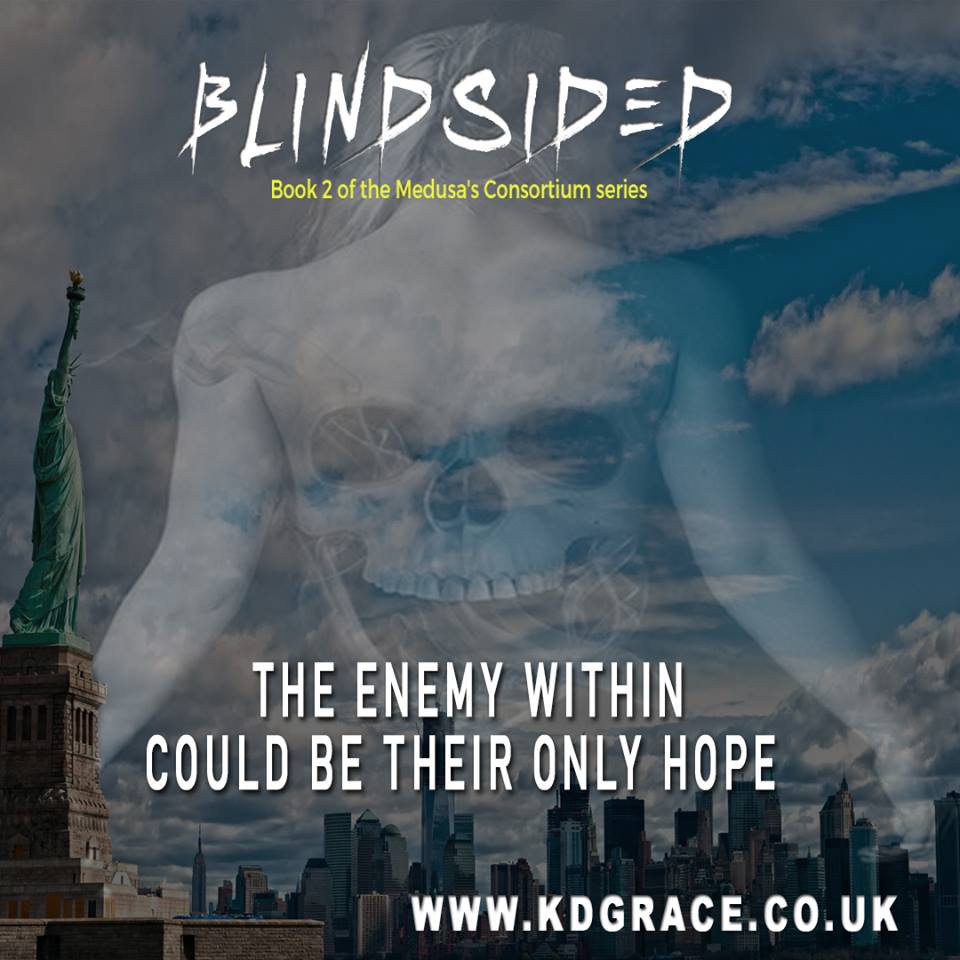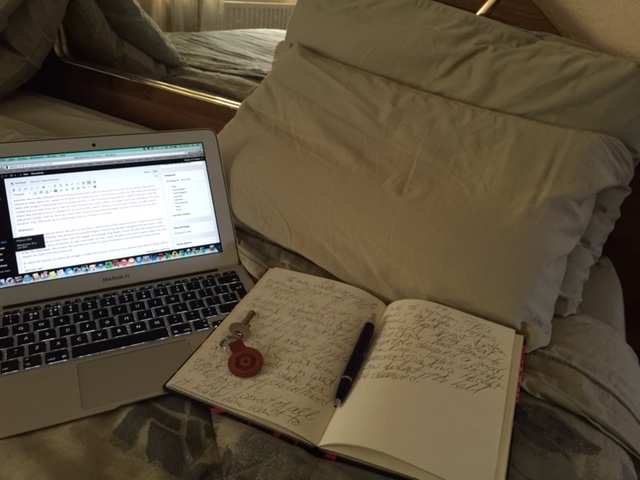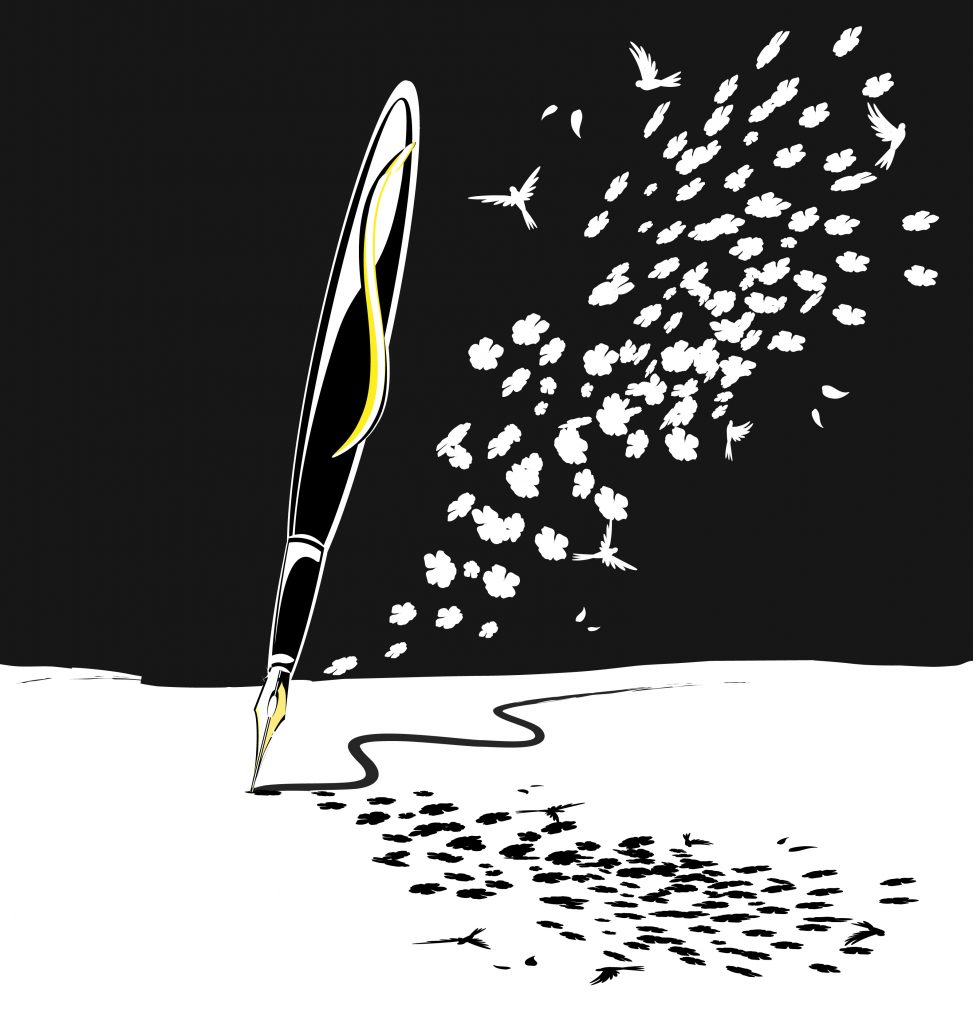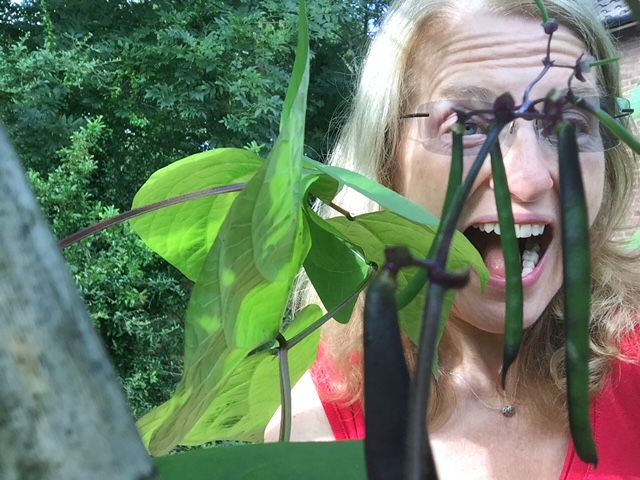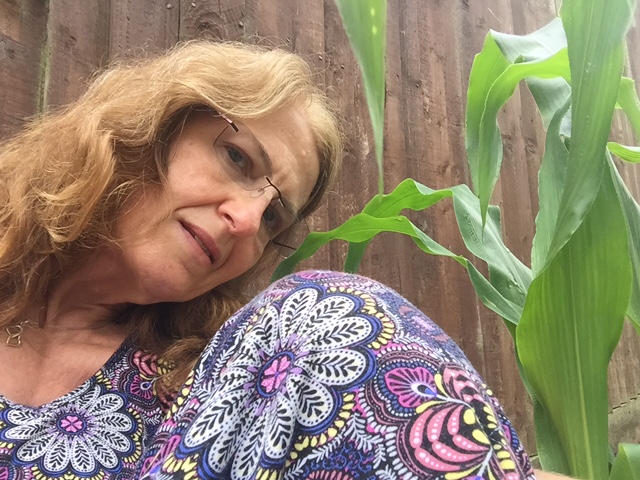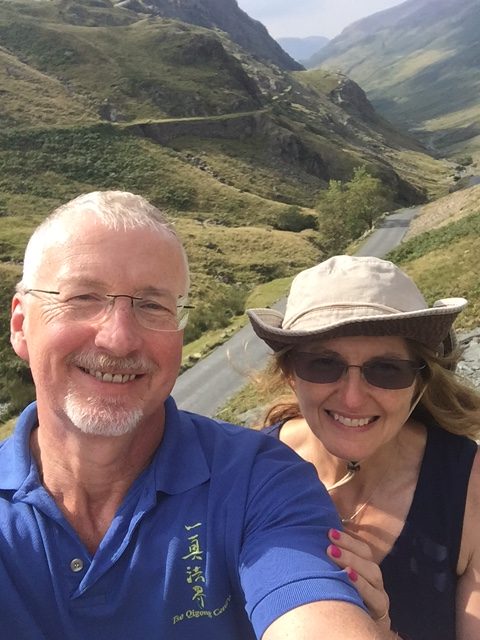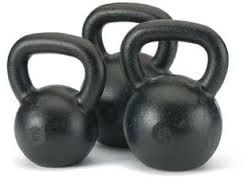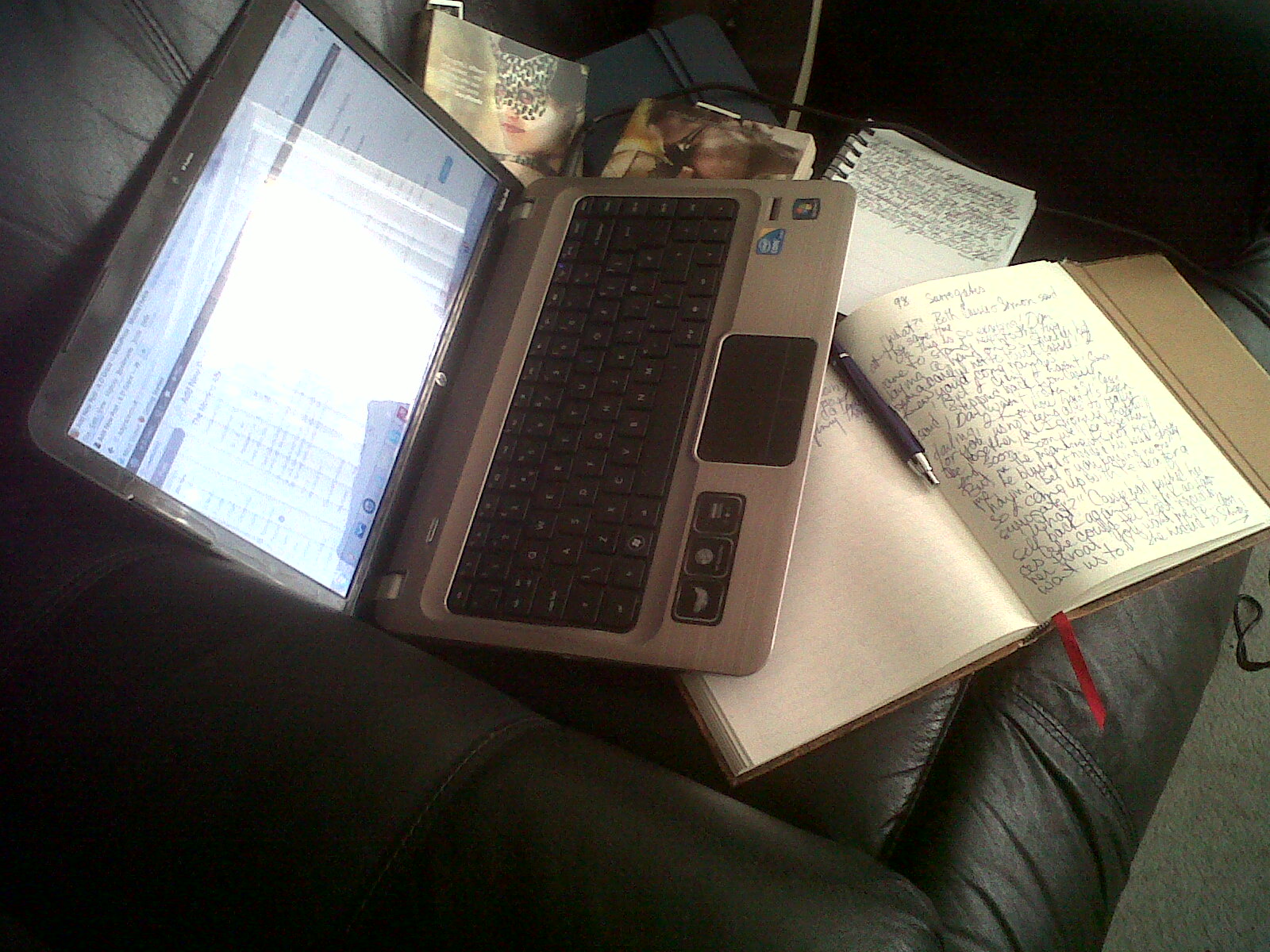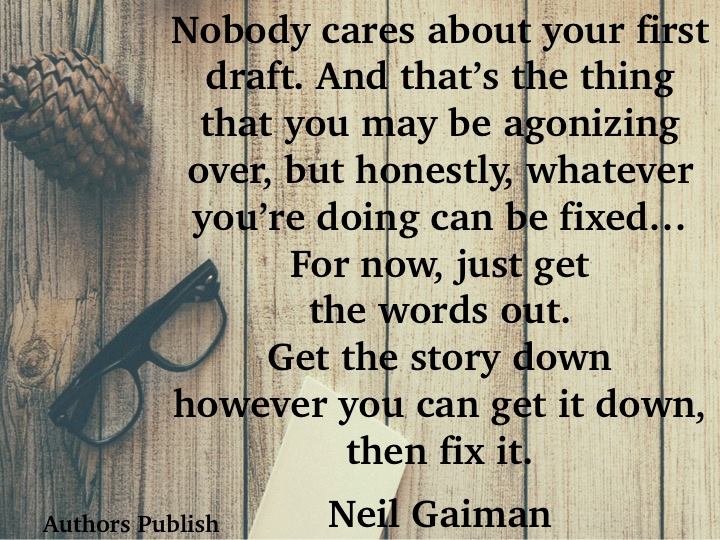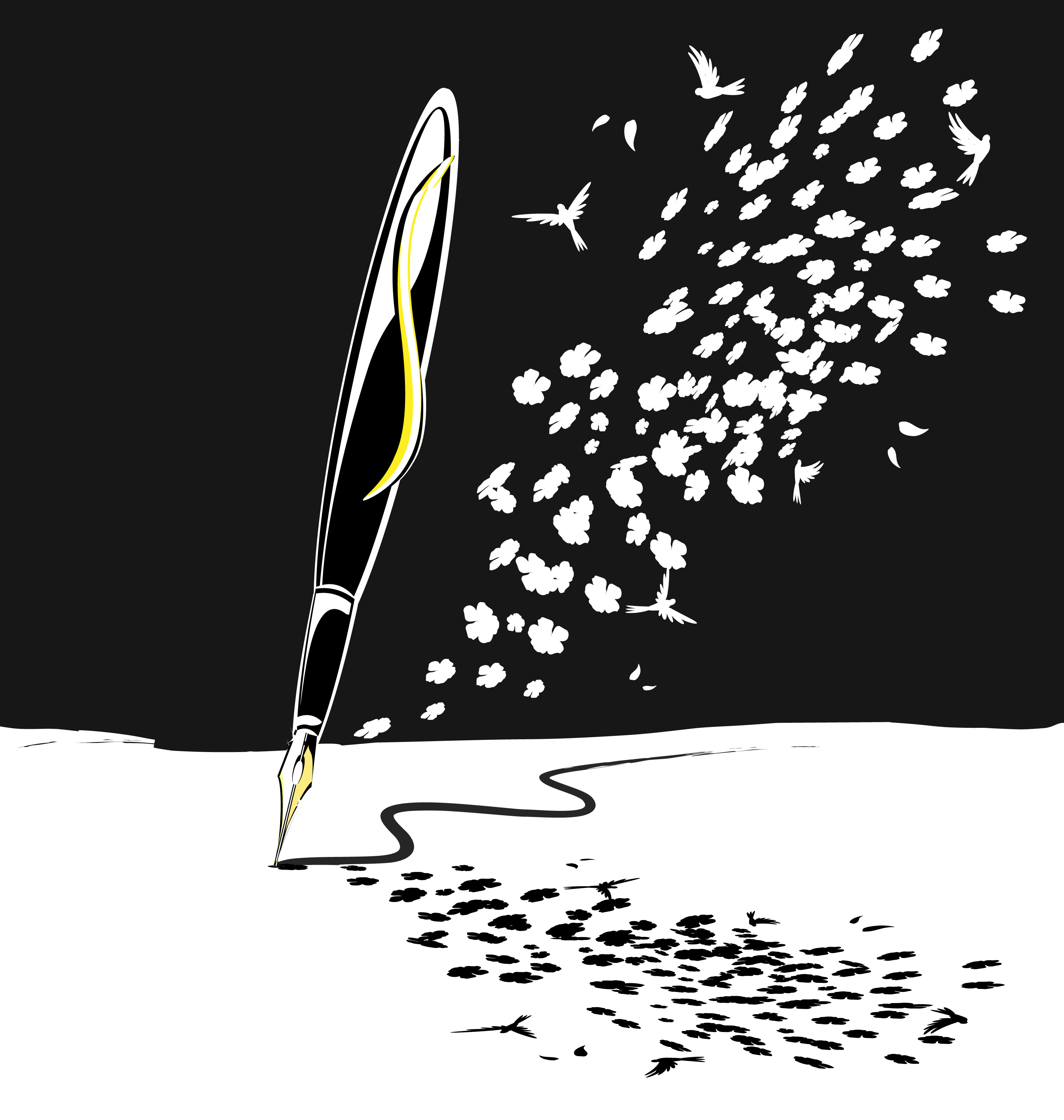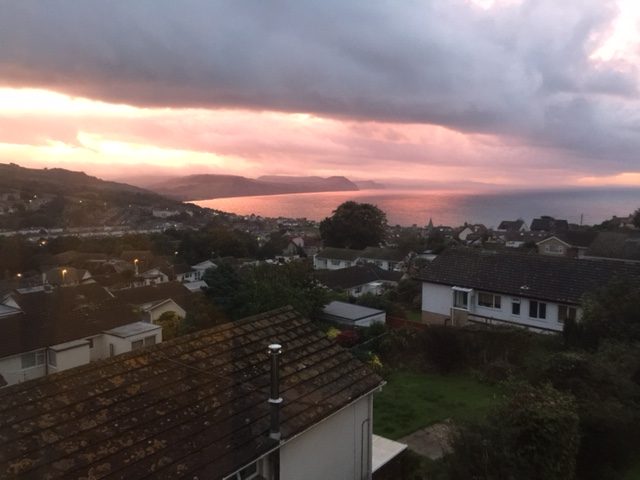 It’s hard to believe that my first novel, The Initiation of Ms Holly, has been out seven years. I remember well that first
It’s hard to believe that my first novel, The Initiation of Ms Holly, has been out seven years. I remember well that first
decent royalty check and the decision I made to celebrate with my own private writer’s retreat. I did the research, decided I didn’t want to travel too far or spend too much, and I didn’t want to go to a place like the Lake District, where I would rather walk than write. I chose the lovely Portland Cottage in Lyme Regis down on the Jurassic Coast. For those of you who don’t know, the place has a rich literary history, being the setting for John Fowles’ book, and the film, The French Lieutenant’s Woman, Jane Austen’s Persuasion, Tracy Chevalier’s Remarkable Creatures, and others.
The flat at Portland Cottage had gorgeous views and room for me to spread out, write, read, sprawl, pace and oh yes, the best part, a lovely tub for inspirational bubble baths. And the town itself was a total delight. I could walk on the beach, explore the village and let my Muse guide me until late afternoon, then it was back to Portland Cottage to write until I got too sleepy to continue. I’d sleep in a room with a sea view and listen to the tawny owls call, then wake up to the sun rising over Golden Cap, and start all over again.
I managed 35,000 words that first year, and even more important, I learned that a writer’s retreat – a private one — not one where it’s more about workshopping and socializing, but one with just me and space to write and think, was an invaluable tool worth every single pound I spent.
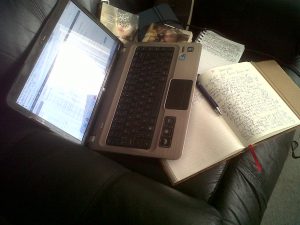
For the next six years, I made that yearly pilgrimage in late September or early October to Lyme Regis and Portland Cottage, and every year I managed massive word counts, fantastic walks, glorious inspiration, and came back home feeling refreshed. The lion share of seven of my novels has been written at my writer’s retreats, and they have become a non-negotiable part of my writing year.
I’m writing this before I leave for my 2017 writer’s retreat, because I will have my head down writing hard by the time you read this. Sadly I won’t be doing it at Portland Cottage this year. The flat has been sold on as a private residence. Happily, I’m doing it from a lovely flat in Zagreb Croatia just off Maksimir Park. You’ll hear all about that when I get back home.
For me going to Zagreb for my sacrosanct writing week is not only a new beginning, but a reclaiming of a place I lived in long ago, a place I loved. The story of why it has taken me so long to reclaim this wonderful place is one for another time, but let’s just say even though I write this before I’m actually there, I fully expect to accomplish a lot and to be 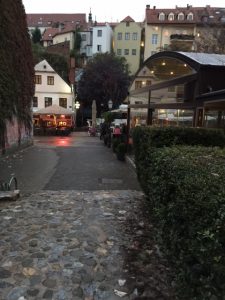 totally inspired. I have a sneaking suspicion I might meet old friend there and maybe make some new ones too.
totally inspired. I have a sneaking suspicion I might meet old friend there and maybe make some new ones too.
For me, it’s a time of new beginnings, and as difficult as it is to let go of the old familiar, as frightening as it can be to
move forward, it’s essential for growth. Certainly it’s crucial for creativity. As I write this post, I’m anticipating what this next week will bring. As you read this post, I will be embracing another new beginning and moving forward in my own creative journey. I can’t wait to tell you all about it when I get back home.
P.S. Be sure to check Facebook. I might just pop a few piccies on from time to time.
 I wrote this post originally for the Brit Babe’s blog, but it felt like I should share it again as I get ready for the launch of
I wrote this post originally for the Brit Babe’s blog, but it felt like I should share it again as I get ready for the launch of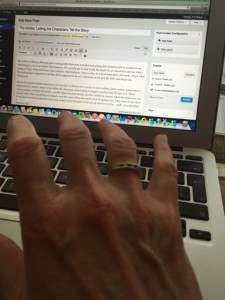 my demons like more than to be exercised, it’s to be the center of attention in a novel or a story. Frankly, I don’t think it matters if I’m writing about demons in the literal sense or if I’m writing about the less paranormal, more concrete demons my characters battle. By writing the story, but exploring the things that frighten me, the things that make me uncomfortable, I think I’m finding a healthy way to live with those inner demons. As neurotic as writers tend to be, the truth is that the best place to write the most powerful stories is right smack dab in the middle of the neuroses – the
my demons like more than to be exercised, it’s to be the center of attention in a novel or a story. Frankly, I don’t think it matters if I’m writing about demons in the literal sense or if I’m writing about the less paranormal, more concrete demons my characters battle. By writing the story, but exploring the things that frighten me, the things that make me uncomfortable, I think I’m finding a healthy way to live with those inner demons. As neurotic as writers tend to be, the truth is that the best place to write the most powerful stories is right smack dab in the middle of the neuroses – the